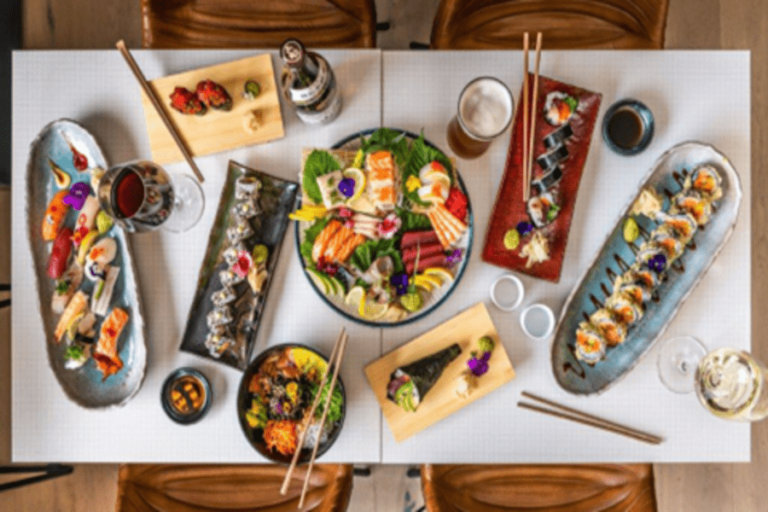Malcolm Gladwell’s book “Outliers” delves into the factors that contribute to exceptional success, emphasizing the importance of cultural and environmental elements. When exploring the unique aspects of Japanese culture, it becomes evident that these cultural nuances play a significant role in the success of Japanese businesses. In this article, we examine how Japanese culture, with its distinct qualities, contributes to the extraordinary achievements observed in the Japanese business landscape.
Cultural Determinants of Success:
“Outliers” proposes that cultural factors, along with individual effort and talent, shape success. Japan’s success in business can be attributed to cultural elements such as a strong work ethic, discipline, and a collective mindset that values harmony and collaboration. These cultural determinants lay the foundation for the unique success stories witnessed in Japanese companies.
The Power of Collectivism:
Japanese culture places a strong emphasis on collectivism, where the group’s well-being takes precedence over individual interests. This collective mindset is deeply embedded in business practices, fostering teamwork, loyalty, and a shared commitment to organizational success. Companies benefit from a unified workforce that collaborates seamlessly toward common goals.
Long-Term Perspective:
The Japanese culture, rooted in centuries-old traditions, emphasizes a long-term perspective in both personal and business endeavors. Japanese businesses often prioritize sustainable growth and enduring success over short-term gains. This patient and strategic approach aligns with Gladwell’s concept of the “10,000-Hour Rule,” highlighting the mastery that comes with dedicated, extended efforts.
High-Context Communication:
Japanese communication is characterized by high-context communication, where non-verbal cues, context, and shared cultural understanding play a crucial role in conveying messages. In business, this communication style fosters nuanced interactions, building strong relationships and mutual understanding—a vital aspect of success.
Respect for Hierarchy and Authority:
Japanese culture places a significant emphasis on respect for hierarchy and authority. This respect is ingrained in business practices, creating a structured and organized work environment. Companies benefit from clear lines of communication and a hierarchical structure that promotes efficient decision-making.
Kaizen Philosophy:
The philosophy of continuous improvement, known as “Kaizen,” is a cornerstone of Japanese culture. In business, Kaizen encourages a culture of innovation, efficiency, and the pursuit of excellence. Japanese companies are known for their commitment to refining processes over time, contributing to their long-term success.
Lifetime Employment Model:
The concept of lifetime employment is deeply rooted in Japanese culture, fostering loyalty and commitment between employees and employers. This stability contributes to a skilled and experienced workforce, where employees invest their careers in a single company, furthering the organization’s success.
Attention to Detail and Precision:
Japanese culture places a high value on attention to detail and precision in craftsmanship. This cultural inclination toward perfectionism is reflected in the meticulous design, production, and quality control observed in Japanese products and services. This commitment to excellence contributes to the global appeal of Japanese goods.
Resilience in the Face of Adversity:
Japanese culture emphasizes resilience and perseverance, traits that have been evident in the face of historical challenges and natural disasters. This resilience translates into a business context, where Japanese companies have showcased the ability to bounce back and thrive even in challenging economic environments.
Innovation and Tradition:
Japan has a unique ability to balance innovation with tradition. While embracing cutting-edge technologies and modern business practices, Japanese culture values tradition and heritage. This duality enables businesses to stay relevant in a rapidly changing world while maintaining a strong connection to their cultural roots.
Conclusion:
The unique aspects of Japanese culture, as explored through the lens of “Outliers,” shed light on the exceptional success of Japanese businesses. The synthesis of cultural values, collective mindset, and a commitment to excellence positions Japanese companies as outliers in the global business landscape. By understanding and appreciating these cultural nuances, businesses can draw inspiration from Japan’s success stories and cultivate environments that foster long-term, sustainable success.






